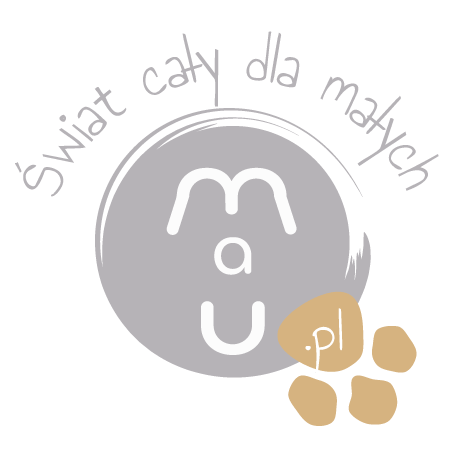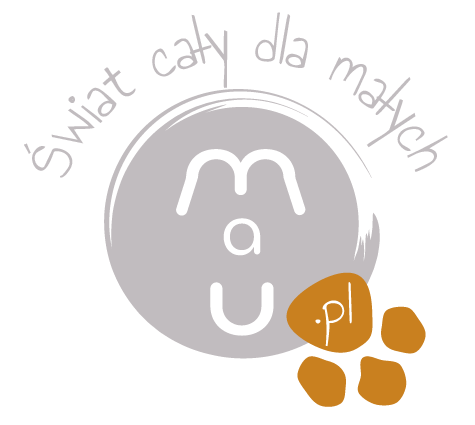Content
If this doesn’t sound like you, you might have a drinking problem. This means that you need to consume more alcohol to have the same effects as a few glasses of wine would have had when you were new to drinking. You may find yourself experiencing pain, depression, irritability, and an overall feeling of “ill” and still keep drinking.
Motivational Enhancement Therapy
If you’re struggling with alcohol, figuring out how to know if you have a drinking problem is an important first step toward getting help. Whether it’s professional treatment, community support, or educational resources, there are options available to suit your needs. Taking that first step might feel overwhelming, but you don’t have to face it alone. If you answered yes to multiple questions, it may be a sign of alcohol dependency or excessive drinking behaviors. Recognizing a drinking problem isn’t always easy, especially when alcohol is a regular part of social life or stress relief.
Myth 1: Alcoholics Always Drink Daily
Alcohol use disorder includes a level of drinking that’s sometimes called alcoholism. More people are drinking less alcohol—and sometimes, their friends take that personally. You may notice that you and your partner are fighting more lately. Or you have caused fractured relationships within your family or friend group.
- Alcohol can disrupt normal sleep cycles, leading to insomnia or excessive daytime sleepiness.
- If alcohol takes priority over important aspects of life, it’s a clear signal that something isn’t right.
- We’ve got members who are struggling to stay sober for more than a few days at a time and members who are starting on Day 1.
- For example, regularly drinking to cope with negative emotions or to forget problems suggests that alcohol might be used as a crutch.
Step 4: Assess Impact on Daily Life
Listen to relatives, friends or co-workers when they ask you to examine your drinking habits or to seek help. Consider talking with someone who has had a problem with drinking but has stopped. This disorder also involves having to drink more to get the same effect or having withdrawal symptoms when you rapidly decrease or stop drinking.
Take the first step today—whether it’s talking to someone you trust, joining a support group, or exploring professional help, you’re not alone. Every small action brings you closer to a healthier, alcohol-free future. Many people with alcohol use disorders also have underlying mental health issues, making psychiatrists valuable team members.
What’s The Definition of an Alcoholic?
We don’t realize it at the time, but what we say and do does matter to other people. When you don’t think you have any value, it’s difficult to believe that others would see any value in you either. I feel depressed Sober living home and hungover so buying a pair of shoes might perk me up.
Even though you might face negative consequences from drinking, you may continue, which can indicate a deeper dependence on alcohol. Recognizing whether you have a drinking problem is not always easy. The truth is many people struggle with identifying when their alcohol consumption has become unhealthy. You might find yourself questioning if your drinking habits are affecting your daily life, work, or relationships. If you’ve started to feel that alcohol plays a bigger role in your life than it should, it’s worth considering whether this is a sign of something more serious.
- Do you continue to drink even though you know it’s causing health problems, or making those problems worse?
- If you or others are concerned, make an appointment with your provider to talk about your drinking.
- There are important limitations to research on alcohol consumption.
- Understanding the warning signs and knowing when to seek help, such as from an alcohol rehab center in Lake Ariel PA, can be the first step toward getting back in control.
- If you’re questioning your drinking habits, don’t wait until it gets worse.
- SAMHSA envisions that people with, affected by, or at risk for mental health and substance use conditions receive care, achieve well-being, and thrive.
Let Little Creek Recovery Center guide you down the right path to recovery, personal growth, and long-term sobriety. /publications/brochures-and-fact-sheets/understanding-alcohol-use-disorder. If you or others are concerned, make an appointment with your provider to talk about your drinking. Here are some guidelines for drinking alcohol responsibly, as long as you do not have a drinking problem.
Your brain may not notice that you’re drinking too much, but your body will still feel the negative health effects whether you notice them or not. When alcohol puts your personal progress at risk, there’s a problem that needs to be addressed. ”, it may be because you’ve noticed your relationship with alcohol has changed. Alcoholism doesn’t always look like the stereotypes we see in movies. It can take many forms, and recognizing it early can help you take control before things get worse.
You Neglect Hobbies or Activities You Love
It shouldn’t be common for you to turn to hard liquor when you’re home alone beyond a glass of whiskey or a nightcap. If you experience blackouts often enough to know that they’re going to happen and you still continue to drink and reach that blackout state by choice, you have a problem. If you blackout once or twice and learn your lesson, there’s no real harm. When it’s a rare occurrence, you most likely don’t have a drinking problem.
Questions to ask yourself about your alcohol use
Healthcare providers can offer a more thorough assessment and guide you towards appropriate support if needed. Anxiety is another emotional symptom that may signal alcohol use. While alcohol is often used as a means to alleviate anxiety in the short term, it can exacerbate anxiety symptoms over time. https://ecosoberhouse.com/article/how-to-lower-weed-tolerance/ This creates a cycle where drinking is used to manage anxiety, but ultimately worsens the underlying condition. Changes in sleep patterns are another behavioral sign to watch for.
Sometimes, though, the questions have turned invasive—with people wondering if she’s abstaining because she’s pregnant. “It usually left the inquisitor gobsmacked and slightly embarrassed,” Weil recalls. Don’t be surprised if the other person busies themselves by grabbing another drink—and forgetting all about what you are or are not consuming. Your journey toward a healthier relationship with alcohol starts here. For additional resources, explore our articles on Benefits of Stopping Drinking and Embracing a Sober Lifestyle. Have you tried to reduce or quit drinking but couldn’t stick to it?





